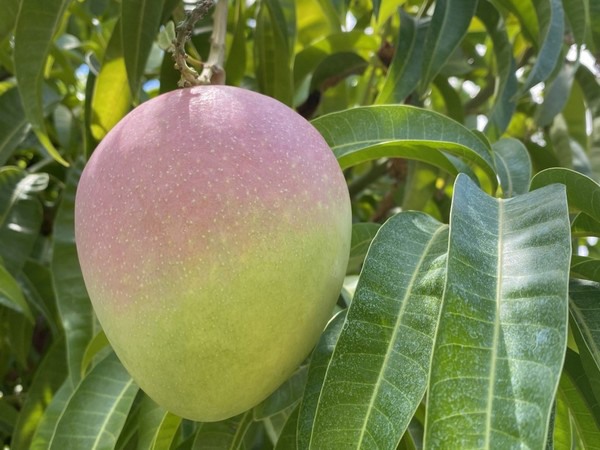The recently appointed Australian Mango Industry Association Chief Executive has identified growing export volumes as one of the key long-term opportunities for the industry as it hopes to bounce back after a tough 2023/24 for many growers.
Trevor Dunmall says the industry needs to improve its support for growers and exporters who are focused on building export volumes. "In seasons when there is a high production volume, there is a lot of pressure on the domestic market and building supply into the export market is important," he said.
"Looking at our performance since COVID-19, our export volumes have dropped. This is for a range of reasons, including limited access to freight and freight costs. Last season's production fell compared to the previous season, and export volumes reflected this. Our industry does have some very committed growers who are very focused on export. We need to be better at supporting those growers and exporters. New Zealand has become a good steady market for us, while some of our South East Asian markets such as Hong Kong and Singapore have dropped away. It's challenging, but for the industry to reach its potential, export has to be a key component going forward."
The Australian mango season is expected to start producing fruit in the coming months in the Northern Territory, and while Mr Dunmall says it is early days in terms of forecast information, the industry is feeling optimistic after production was slightly down last season.
"There are positive reports from the regions that it is reasonable flowering," Dunmall said. "But it's just too early to tell at this stage but in a few weeks time, we will have a better idea. Last season, the industry produced approximately nine million trays, compared to the previous season of around 10.5 million trays. Although we did see reasonable volumes in the market. Some varieties were significantly down; Kensington Pride was down across the board. Far North Queensland growers experienced one of the worst seasons on record. The rain associated with ex-tropical cyclone Jasper saw many growers receive over 1,000 millimetres of rain in four days. Then over the rest of summer and early autumn, they received the same amount. For them, it was a horrific season, so hopefully going forward none of our growers will have to suffer that again."
Dunmall took over from the outgoing CEO Brett Kelly and is stepping back into the industry after working for the AMIA 6-7 years ago as an Industry Development Manager.
"I am happy and proud to be back and one of my focuses is to ensure we are working with growers to face challenges collaboratively," he said. "There is a range of key issues facing growers, especially the tough financial conditions that are hitting home. Growers have had a few tough seasons with the challenges of rising production costs, while at the same time consumption across fruit and vegetables is static, if not declining slightly. Everybody in the community is feeling the tough conditions. Challenges like that are being experienced right across horticulture."

He added that the AMIA has a number of key projects and priorities it is working on to support growers this season, many are a continuation of work from previous years.
"This season we are continuing with our crop forecasting and crop flow data gathering that is important," Mr Dunmall said. "In collaboration with Hort Innovation, our focus needs to be on research that delivers benefits directly to growers. Issues such as ensuring markets remain open, assisting growers faced with production challenges and making positive steps at limiting the compliance burden on growers. There's also market development and market improvement, both through providing information domestically and key target markets export-wise."
 For more information:
For more information:
Trevor Dunmall
Australian Mango Industry Association
Phone: +61 (07) 3278 3755
com@mangoes.net.au
www.industry.mangoes.net.au
